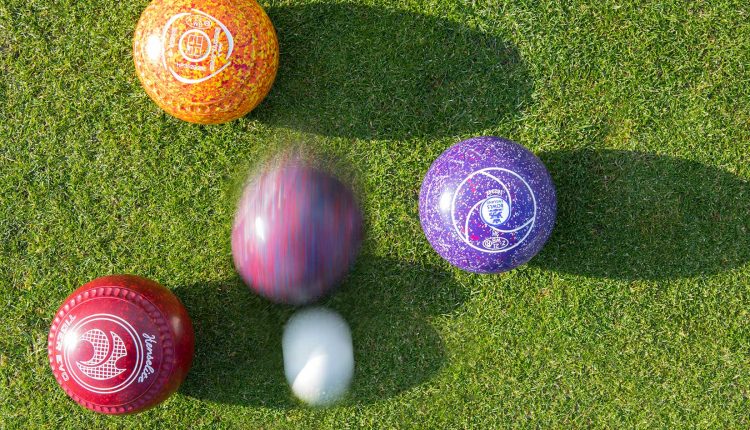Tony’s 25 DOs as a SKIP!
How to be an effective skip…
This month I will choose my 25 do’s when undertaking the position of skip, which, as has been made evident over my series of articles, is much more complex than simply playing bowls and giving out instructions.
So, here is the Tony Allcock checklist to enhance your skipping experience.
DO…
- Talk to you players beforehand, if only with a simple outcome to relax your team-mates.
- Educate others in respect of your own self perception. (For example, I prefer to draw/I am a demonstrative skip/I prefer quick greens).
- Practice the philosophy that a skip must always undertake a shot when the chances of success are greater than failure.
- Remember that concentration cannot be achieved unless you have some focus.
- Understand the player’s feelings (nervousness/serious/too relaxed) and respond accordingly.
- Be honest and realistic.
- Say only what you believe is helpful.
- Understand the concept of the match (is it high competition/mildly competitive/social) and adapt accordingly.
- Avoid being too kind. (An example of this would be exclaiming: ‘well played, that’s a great back bowl’ when you have requested a draw).
- Be positive and maintain an air of confidence, (even though you may be nervous).
- Adopt a style which, as a skip, acknowledges a bad bowl delivered without illustrating your own disappointment as a result.
- Remember you are the foundation of the unit and must strive onwards, maintaining stability in all your undertakings. Appear confident (even though inside you may not be).
- Try to avoid any form of negative comments made to members of the team about an underperforming player.
- Keep instructions simple – be precise.
- Give choices of shot whenever possible.
- ‘Manage’ the idiosyncrasies of a rink in respect of finding and ‘keeping’ the ‘achievable’ hand for your players.
- Balance the request for a shot with the ability of the player.
- Exercise the opportunity to break any tension by finding a quip or saying something which might ‘lighten’ or ‘diffuse’ a tense situation.
- Conserve the power of vision and thought for things that matter in order to enhance your team’s performance.
- Be totally realistic about the opportunities the playing surface will/will not afford. (For example, never ‘conveniently’ forget that the straight hand will not allow you to bend around a short bowl to achieve the take out shot you can see. It will never happen).
- Adopt the choice of shot in accordance with the ‘kindness’ of the playing surface whilst remembering the ‘tools’ (bowls) which the player in question is using.
- Try to be a patient and serviceable leader when facing an adverse scoreline so that any remnants of hope for a resolve will still be prevalent amongst the team.
- When faced with adversity such as coping with overbearing or vocal opponents, don’t be afraid to walk and play slower and above all never allow yourself to be hurried.
- Attempt to give feedback to your players in a discreet manner; players learn more from a match which was lost than from one that was won.
- Enjoy this wonderful sport and in order to maintain interest (and form as a skip), occasionally play at the front end of a rink and listen to the skip – you will learn a lot I am sure!
What do you think? Which of these points is the most important? Or are they all of equal importance? Have I missed something off? Do get in touch with the magazine editor to let me know.
Get ready for the 25 dont’s as a skip next month.

